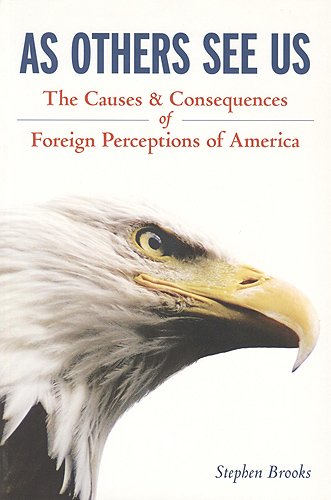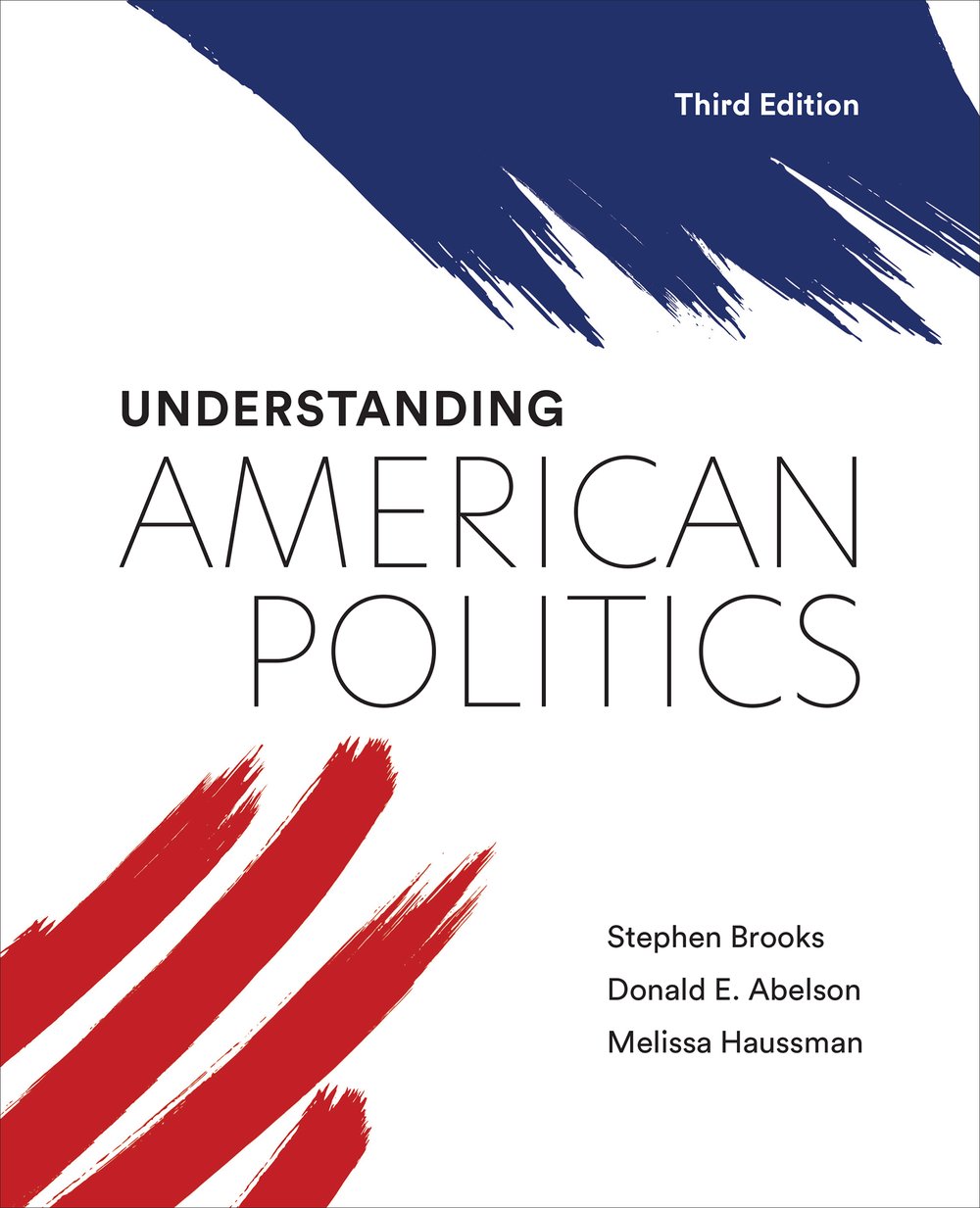As Others See Us
The Causes and Consequences of Foreign Perceptions of America

One of the ironies of the post-Cold War world, in which the power of the United States is without rival, is that the costs of isolationism and ignorance are greater than ever. The temptation to imagine that the rest of the world matters less than before is enticing, as America basks in the triumphant glow of a world in which capitalism and democracy, under the aegis of American leadership, are thought to have vanquished all rivals. Although it is unlikely that Americans will come to pay much attention to the rest of the world anytime soon-except when their citizens are threatened or killed abroad, or when they are persuaded that the threat of foreigners doing harm at home seems real-their failure to do so cripples the ability of the United States to understand a world in which American interests, security, and prosperity are embedded to an unprecedented degree.
As Others See Us investigates the causes and consequences of the world's perceptions of America. It proceeds from the premise that the images, ideas, and information that foreign populations have of the United States and Americans come from a number of sources, most of which are mediated. Some of these sources are American, Hollywood especially. Others are located outside the country, in the media, educational, religious, and political systems through which foreign populations learn about America. Any attempt to understand the "what" and "why" of foreign perceptions of America needs to look closely at these external determinants of how the image and interpretation of the United States is constructed in different societies.

